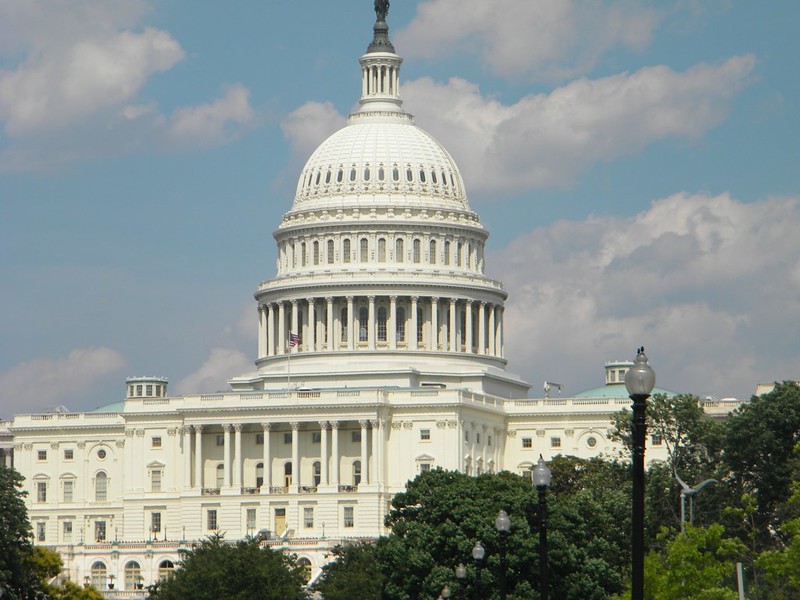
Lawmakers are beginning to discuss the content of a potential Phase 4 Coronavirus relief package. As these discussions continue, it is vital that pandemic-related liability protections for businesses are included.
If Congress fails to enact such a provision, businesses across all industries will face a tsunami of COVID-19 related lawsuits as they begin to reopen and get Americans safely back to work.
American businesses and workers have faced immense hardship due to the pandemic. State and local governments mandated the closure of tens of millions of businesses all across the country, forcing nearly 50 million Americans out of a job.
Essential businesses that have remained open –– like grocery stores and hospitals –– have worked diligently to keep their customers, employees, and patients safe. These businesses have had to deal with rapidly-changing information on the pandemic, as well as CDC guidance that seems to change every week.
Businesses that have been shuttered –– like bars, restaurants, and salons –– have faced similar pressure. These non-essential businesses have faced sharp declines in revenue, grappled with uncertain reopening timelines, and dealt with employees making more at home than they were in the workplace thanks to Speaker Pelosi’s plan to subsidize welfare over work.
Failure to offer a liability shield will harm essential and non-essential businesses alike. The looming threat of these suits is already affecting the ability of frontline workers to help the nation through this crisis. Doctors and nurses are afraid to make tough healthcare decisions, and hospitals and nursing homes are afraid that the quality of their care will come under attack.
Make no mistake: trial lawyers are mobilizing to cash in on the crisis by filing lawsuits across wide range of industries. According to the Hunton Andrews Kurth COVID-19 complaint tracker, over 3,200 pandemic-related lawsuits have been filed in all 50 states since January 30th, 2020. As the economy continues to reopen and Americans head back to the workplace, these lawsuits will continue to proliferate.
The concept behind liability protection is simple: if businesses have acted in good faith to keep their customers and employees safe, they should be protected from abusive litigation.
There is also precedent for such a measure – in the CARES Act, lawmakers included liability protection for respiratory devices approved by the National Institute for Occupational Safety and Health.
Failing to protect businesses from frivolous lawsuits will endanger our ability to recover. Enacting liability protection is rightly a widely supported, bipartisan proposal:
- Sens. Kyrsten Sinema (D-Ariz.), Rand Paul (R-Ky.), Deb Fischer (R-Neb.), and Josh Hawley (R-Mo.) have spoken out in favor of such reforms.
- Senate Majority Leader Mitch McConnell (R-Ky.) has called for a five-year, narrowly-crafted liability shield for businesses for Coronavirus-related activities. This window would kick in December 2019 and last through 2024.
- President Trump supports Leader McConnell’s proposal.
- House Minority Leader Kevin McCarthy (R-Calif.) has also indicated that liability protections is a red line for passing any new Coronavirus legislation, saying that “no bill would pass without it.”
- Director of the National Economic Council Larry Kudlow has said that businesses should not be held liable for “trial lawyers putting on false lawsuits.”
Congress should pass liability protection into law to ensure businesses do not face a torrent of predatory litigation from greedy trial lawyers looking to cash in on the Coronavirus pandemic. Failure to do so would discourage businesses from safely reopening and thwart our economic recovery.

